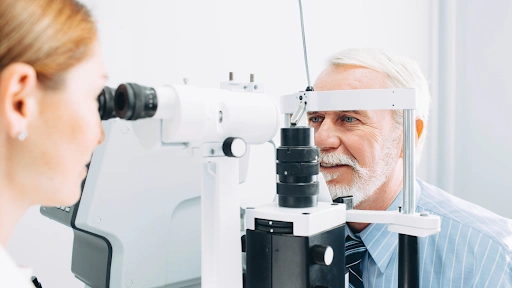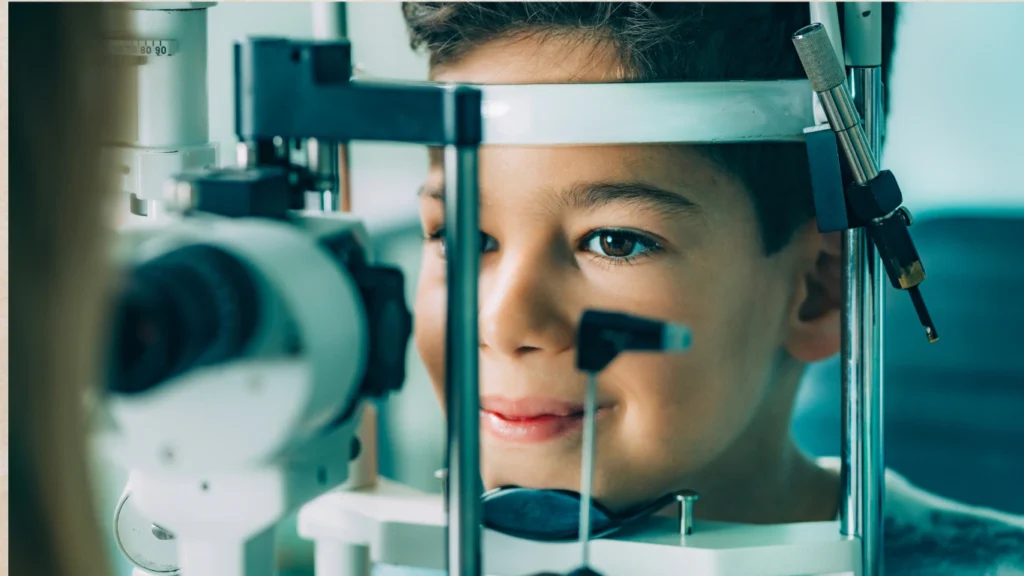Your eyes are your window to the world, yet most of us take them for granted until something goes wrong. Between juggling work deadlines, family responsibilities, and social commitments, scheduling regular eye exams often falls to the bottom of our priority list. But here’s the truth: your vision can change gradually without you even noticing, and many serious eye conditions develop silently in their early stages.
So how often should you actually be getting your eyes checked? The answer isn’t one size fits all. Your age, health status, family history, and lifestyle all play crucial roles in determining your ideal eye exam schedule. Let’s break down what you need to know to keep your vision sharp and your eyes healthy for years to come.
Why Regular Eye Exams Matter More Than You Think
Before we dive into the recommended schedules, let’s talk about why eye exams are so important. Many people assume that if they can see clearly, their eyes must be healthy. Unfortunately, this couldn’t be further from the truth.
Comprehensive eye exams do much more than determine if you need glasses or contacts. During these visits, eye care professionals can detect early signs of serious conditions like glaucoma, cataracts, macular degeneration, and diabetic retinopathy, often before you experience any symptoms. They can even spot signs of other health problems, including high blood pressure, diabetes, and certain types of cancer, just by examining your eyes.
Early detection is everything. Conditions like glaucoma can cause irreversible vision loss, but when caught early, treatments can slow or even prevent progression. That’s why waiting until you notice a problem is never the best strategy.
Eye Exam Schedule for Children and Teens
Good vision is critical for learning and development. The Canadian Optometric Association recommends that children have their first comprehensive eye exam at six months of age, followed by another at age three, and then again before starting first grade.
Once kids are in school, they should have regular eye exams, even if they don’t show signs of vision problems. Children’s eyes change rapidly as they grow, and undetected vision issues can significantly impact their academic performance and social development. Many kids don’t realize they’re not seeing clearly because they don’t know what normal vision looks like.
Watch for signs like squinting, sitting too close to the TV, frequent headaches, or avoiding reading. These could indicate it’s time to search for an eye exam near you sooner rather than later.

Eye Exams in Your 20s and 30s
If you’re a healthy adult in your 20s or 30s with no vision problems or risk factors, you should schedule comprehensive eye exams every two years. This might seem frequent when your vision feels perfect, but remember that prevention is always easier than treatment.
However, if you wear contact lenses or glasses, have a family history of eye disease, work extensively on computers, or have health conditions like diabetes, you should see your eye doctor annually. Contact lens wearers especially need yearly checkups to ensure their lenses fit properly and aren’t causing any damage to the cornea.
This is also the time to establish a relationship with an eye care provider and create a baseline for your eye health. Having records of your eye health in your younger years makes it easier to detect changes as you age.
The Critical 40s and 50s
Once you hit 40, it’s time to become more proactive about your eye health. This is when many people start experiencing presbyopia, the natural age-related loss of near focusing ability that makes reading small print challenging. You might find yourself holding your phone at arm’s length or needing brighter light to read comfortably.
Adults aged 40 to 54 should have comprehensive eye exams every two years if they have no risk factors. However, if you have diabetes, high blood pressure, a family history of eye disease, or you’re already wearing corrective lenses, annual exams become essential.
Age 40 is also when your risk for serious eye conditions like glaucoma begins to increase, particularly if you’re African American, have diabetes, or have a family history of the disease. Don’t skip these checkups. The conditions that develop during this stage can often be managed effectively when caught early.
Eye Health After 55
After age 55, the frequency of eye exams should increase. Adults 55 and above should schedule annual comprehensive eye exams without exception.
Why the increase? Your risk for age-related eye diseases skyrockets during these years. Cataracts, macular degeneration, glaucoma, and diabetic eye disease become much more common. These conditions can severely impact your quality of life and independence if left untreated.
Regular eye exams during this stage of life aren’t just about maintaining clear vision. They’re about preserving your ability to drive safely, read, recognize faces, and live independently. They’re investments in your future quality of life.

When to Schedule Extra Eye Exams
Regardless of your age, certain situations warrant immediate attention. Schedule an eye exam near you as soon as possible if you experience sudden vision changes, eye pain, flashes of light, floating spots, double vision, or red, swollen eyes. These could be signs of serious conditions requiring prompt treatment.
People with diabetes should have annual dilated eye exams regardless of age, as diabetic retinopathy can develop at any time. Similarly, if you’re taking medications that can affect your vision, like steroids or certain anti-malaria drugs, more frequent monitoring may be necessary.
Taking Action for Your Eye Health
Now that you understand how often you should be getting eye exams, it’s time to take action. Don’t wait for vision problems to develop before scheduling your next appointment. Proactive care is always more effective than reactive treatment.
When was your last comprehensive eye exam? If you can’t remember or if it’s been longer than recommended for your age group, it’s time to schedule one. Search for quality eye care providers in your area and make that appointment today. Your future self will thank you.At IndividualEyes, we understand that every person’s vision needs are unique. Our experienced team provides comprehensive eye exams tailored to your specific age, health status, and lifestyle. We use the latest diagnostic technology to detect potential problems early and create personalized treatment plans that keep your vision sharp and your eyes healthy. Don’t put off your eye health any longer. Schedule your comprehensive eye exam with IndividualEyes today and see the difference expert, individualized care can make.
Frequently Asked Questions
- How long does a comprehensive eye exam take?
A comprehensive eye exam typically takes 45 to 60 minutes, depending on the tests required. This includes time for vision testing, eye health evaluation, and discussion of diagnostic test results with your eye doctor. - Do I need an eye exam if I have perfect vision?
Yes, absolutely. Many serious eye diseases develop without symptoms in the early stages. Regular eye exams can detect conditions like glaucoma, macular degeneration, and even signs of diabetes or high blood pressure before you notice any vision changes. - How do I find a quality eye exam near me?
Look for licensed optometrists or ophthalmologists with good reviews and modern diagnostic equipment. Ask about their experience with your specific age group or any eye conditions you may be concerned about. If you are an eyewear or contact lens wearer you may benefit from a location that carries these products and can assist with your vision needs. Personal recommendations from friends and family can also be valuable. IndividualEyes offers comprehensive eye exams with experienced professionals and state-of-the-art technology and products to meet all your vision care needs. - Are eye exams covered by insurance?
Most vision insurance plans and many health insurance plans cover routine eye exams, though coverage varies. In Ontario, OHIP covers annual dilated eye exams for children and seniors as well as people with diabetes or at high risk for glaucoma. Some restrictions apply. You may also want to check with your insurance provider for specific coverage details. - What’s the difference between a vision screening and a comprehensive eye exam? Vision screenings, like those at schools or the DMV, only test for basic visual acuity and are not substitutes for comprehensive eye exams. Comprehensive exams include thorough evaluations of eye health, depth perception, eye coordination, and screening for eye diseases that screenings cannot detect.



